Biocompatible AI could one day monitor body’s electrical signals in real time.
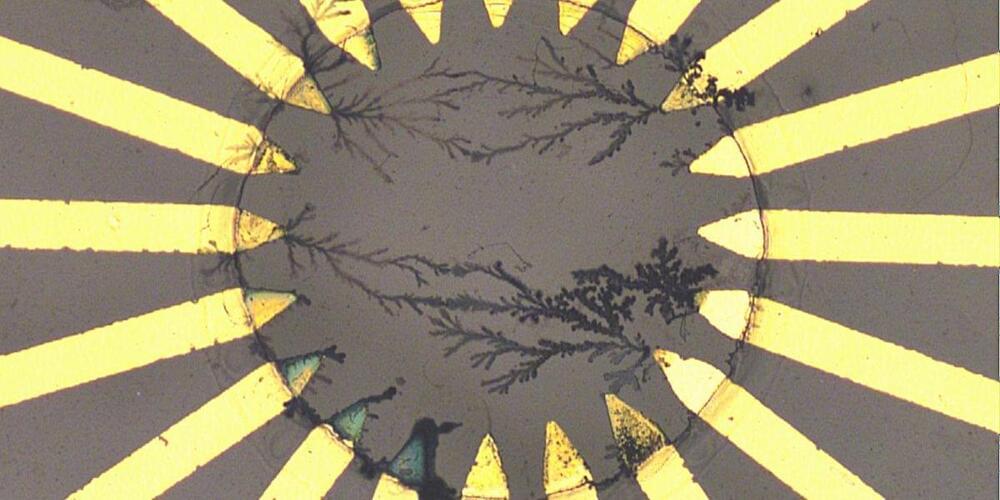

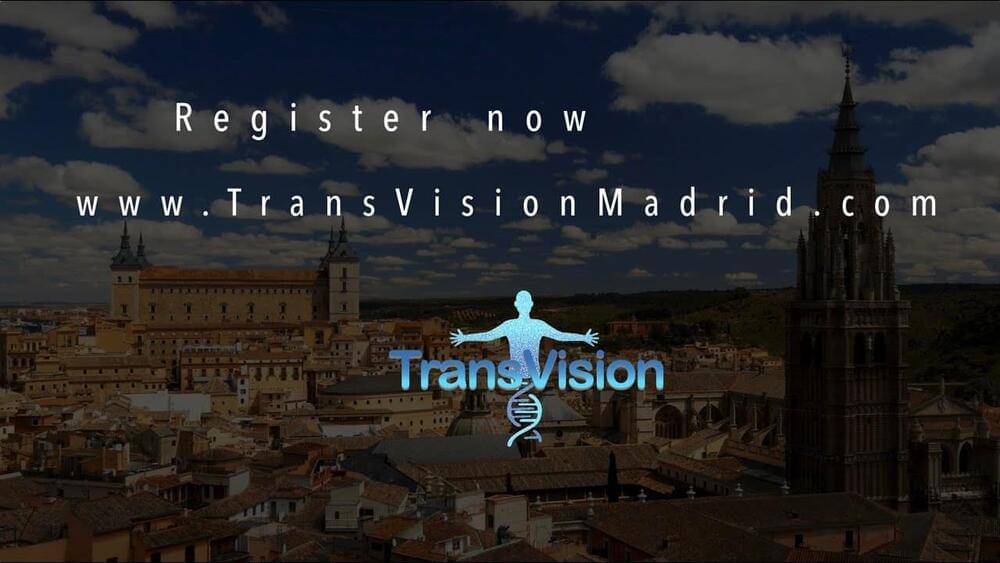
Check out our second promo for #transvision #future Summit 2021 (#madrid Oct. 8 — 12), featuring the optional dinner/cocktails we are scheduling, and 2 full-day #tours of several #unescoworldheritage sites and historical places near Madrid: Segovia, Ávila, Monsaterio de El Escorial & Valley of the Fallen on Oct. 11 and Alcalá de Henares, Aranjuez & Toledo on Oct. 12. It’s going to be espectacular! You don’t wanna miss those, so get your tickets now! 
The event itself will be a lot of fun, so make sure to register to come to Madrid in person, or to watch it via streaming (at a reduced price). There will be talks about #longevity #artificialintelligence #cryonics and much much more.
Promo by Sergio Tarrero for Alianza Futurista as Diamond Sponsor of TransVision Future Summit 2021. Alianza Futurista will also provide live video production, streaming and post production services for this event.
Humanity Plus Humanity Plus Magazine Ilustre Colegio Oficial de Médicos de Madrid (ICOMEM) Alcor Life Extension Foundation Cryonics Institute Cryonics Institute Posthuman Network Posthuman Network Cryonics4U Longevity Conferences Longevity for All International Longevity Alliance U.S. Transhumanist Party Transhumanist Party Australia Transhumanist Party Australia Group Transhumanist UK Rational Transhumanism Singularity University Ray Kurzweil Ray Kurzweil Singularity Ray Kurzweil Singularity Ray Kurzweil’s Singularity Singularity Hub Singularity Network Transhumanismo Brasil SingularityNET Singularitarianism Foresight Institute Lifeboat Foundation Machine Intelligence Research Institute KrioRus The Hedonistic Imperative — Paradise Engineering Future of Life Institute Future of Humanity Institute (Oxford University) The Long Now Foundation Global Catastrophic Risk Institute CLUB DE SEGUIDORES DE JOSÉ LUIS CORDEIRO (OFICIAL) Aubrey de Grey Dr. Aubrey de Grey HashtagTeam
http://www.TransVisionMadrid.com.
Promo by Sergio M.L. Tarrero for Alianza Futurista, proud Diamond Sponsor of #TransVision Future Summit 2021.
Spain will host the next global future summit #TransVision on October 8 9 and 10 2021. Humanity+ will be the main international organizer of this international event. Afterwards, during October 11 and 12 we will continue with informal conversations while traveling to UNESCO World Heritage Sites around Madrid: Alcalá de Henares, Aranjuez, Ávila, El Escorial, Segovia y Toledo. Every night will finish with optional cocktails in beautiful places for networking and meeting the participants and speakers.
The topics covered will be very broad, from recent medical advances, to artificial intelligence and robotics. The first keynote speakers will be the world famous Ray Kurzweil and Aubrey de Grey. Additionally, #TransVision 2021 will feature other keynote presentations, such as those from futurist movement pioneers Max More, Natasha Vita-More, Ben Goertzel and Anders Sandberg, members of Humanity+ and other leading institutions.
#TransVision 2021 collaborates with leading organizations working on futurist concepts such as life extension, artificial intelligence, robotics, nanotechnology, space travel, human enhancement, blockchain and other future technologies and trends. The first #TransVision conference was held in 1998 in the Netherlands, and since there we have hosted 14 international summits in cities like Berlin, Brussels, Caracas, Chicago, Helsinki, London, Madrid, Milano, Paris, Stockholm and Toronto.
#TransVision 2021 will be hosted in the historic Madrid College of Medicine (Ilustre Colegio Oficial de Médicos de Madrid), and there will be live streaming for those who can’t come in person to beautiful Madrid.
Register here: www.TransVisionMadrid.com.
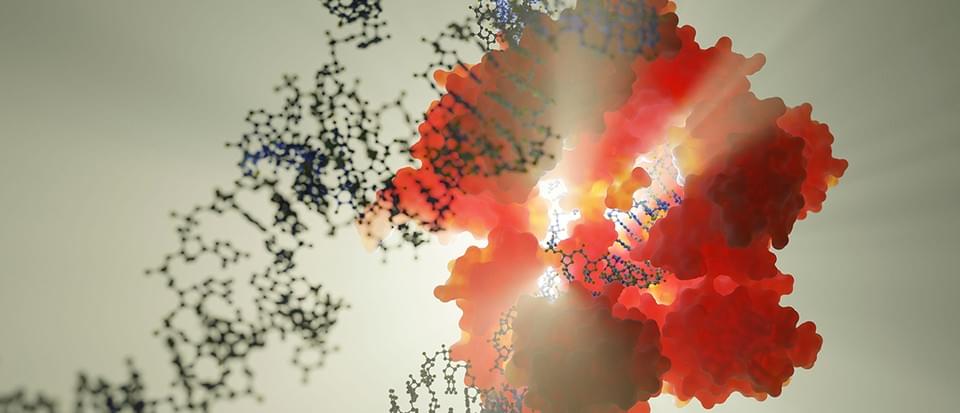
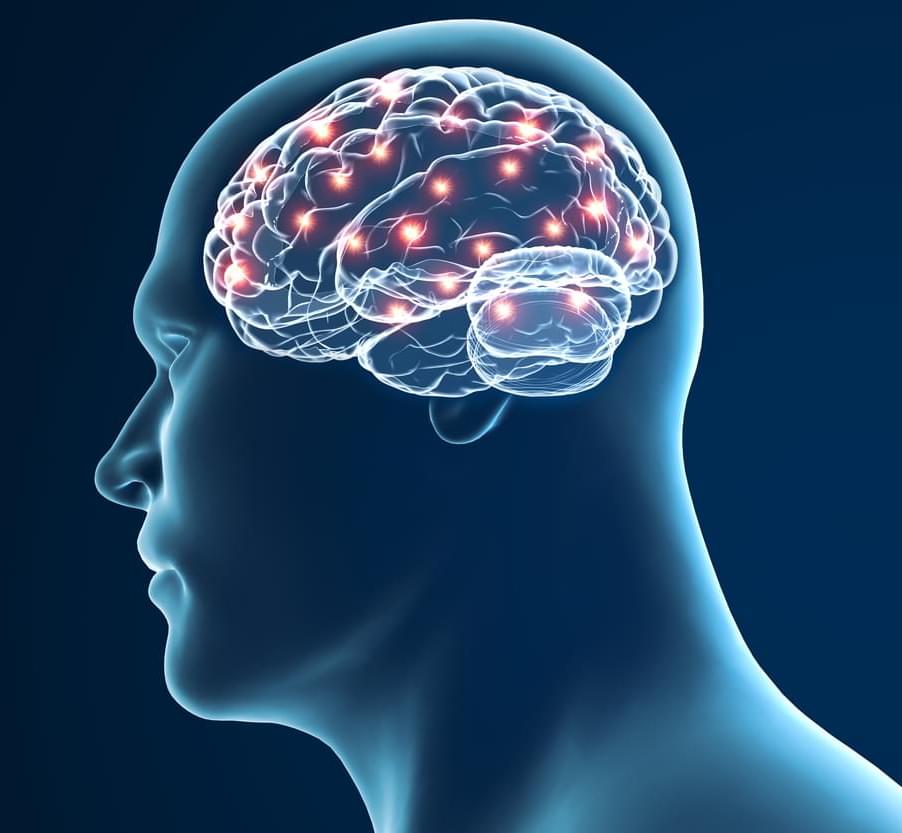
A new type of artificial intelligence (AI) algorithm, developed by the Mayo Clinic and the Google Research Brain Team, can potentially pave the way toward more directed brain stimulation for the treatment of Parkinson’s disease and other movement-related disorders.
According to researchers, this algorithm can more accurately determine the interaction between different regions of the brain — data that will be key for improving the way brain stimulation devices are used in the real world for treating Parkinson’s.
“Our findings show that this new type of algorithm may help us understand which brain regions directly interact with one another, which in turn may help guide placement of electrodes for stimulating devices to treat network brain diseases,” Kai Miller, MD, PhD, a neurosurgeon at Mayo Clinic and the first author of the study, said in a press release.
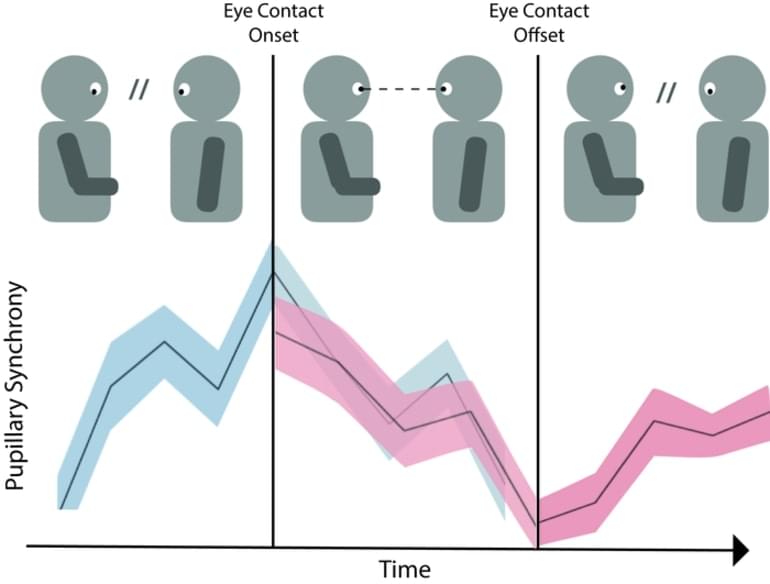
Also, consider that some people with medical conditions may not be comfortable making eye contact.
“In the past, it has been assumed that eye contact creates synchrony, but our findings suggest that it’s not that simple,” says senior author Thalia Wheatley, a professor of psychological and brain sciences at Dartmouth, and principal investigator of the Dartmouth Social Systems Laboratory.
Summary: Study reveals a correlation between instances of eye contact and higher levels of engagement during conversations.
Source: Dartmouth College
Making eye contact repeatedly when you’re talking to someone is common, but why do we do it? When two people are having a conversation, eye contact occurs during moments of “shared attention” when both people are engaged, with their pupils dilating in synchrony as a result, according to a Dartmouth study published in the Proceedings of the National Academy of Sciences.
“Eye contact is really immersive and powerful,” says lead author Sophie Wohltjen, a graduate student in psychological and brain sciences at Dartmouth.
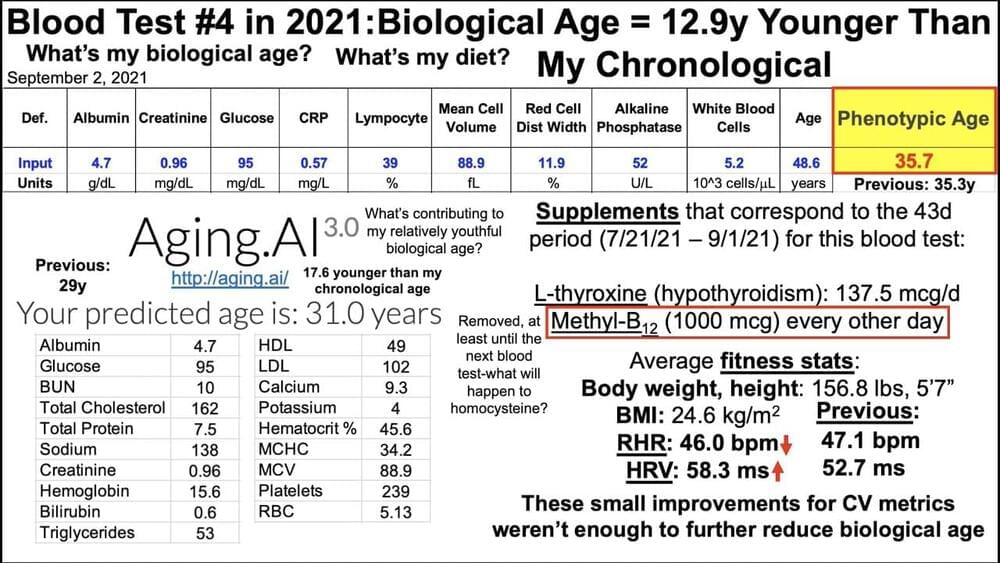
Join us on Patreon!
https://www.patreon.com/MichaelLustgartenPhD
Levine’s Biological age calculator is embedded as an Excel file in this link from my website:
Quantifying Biological Age
DNA methylation GrimAge strongly predicts lifespan and healthspan.
https://pubmed.ncbi.nlm.nih.gov/30669119/
Fisetin is a senotherapeutic that extends health and lifespan.
https://www.ncbi.nlm.nih.gov/pmc/articles/PMC6197652/
Dietary intakes of flavonols, flavones and isoflavones by Japanese women and the inverse correlation between quercetin intake and plasma LDL cholesterol concentration.
https://pubmed.ncbi.nlm.nih.gov/10958819/
NAD and the aging process: Role in life, death and everything in between.
https://pubmed.ncbi.nlm.nih.gov/27825999/
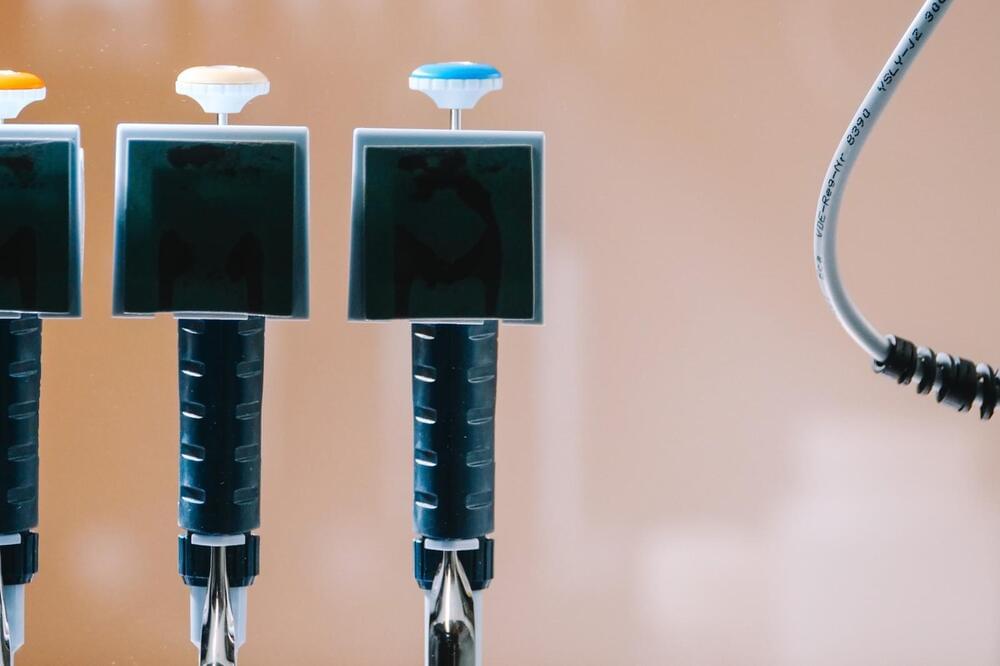
The newly formed biotech start up Halo Therapeutics, spun out from the University of Bristol, has become the latest company to join the Science Creates ecosystem.
The team is targeting new treatments for coronavirus as they expand on their exciting recent breakthrough discovery, which was published in Science Magazine.
The context
New antiviral drugs offer the hope of broadening the range of treatments available to treat COVID-19. The recent findings by the Halo Therapeutics team have demonstrated that exposing the SARS-CoV-2 (Coronavirus) virus to a free fatty acid called linoleic acid locks the virus’s spike protein into a closed, non-infective form stopping it in its tracks.
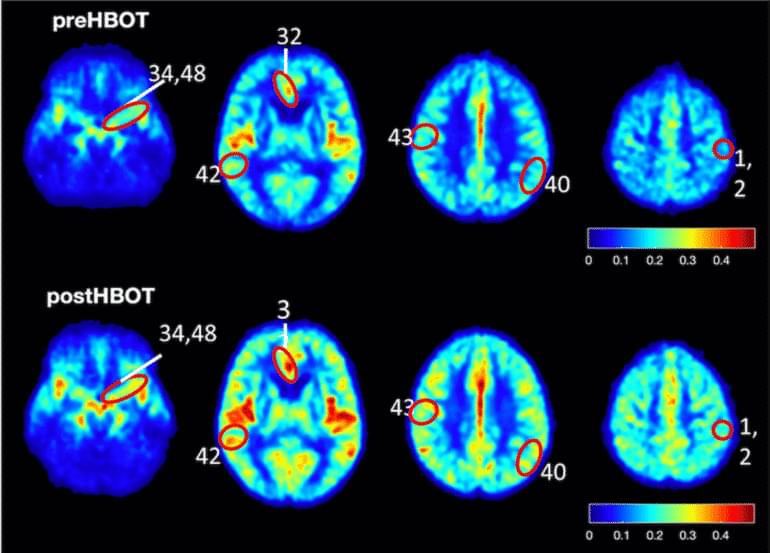

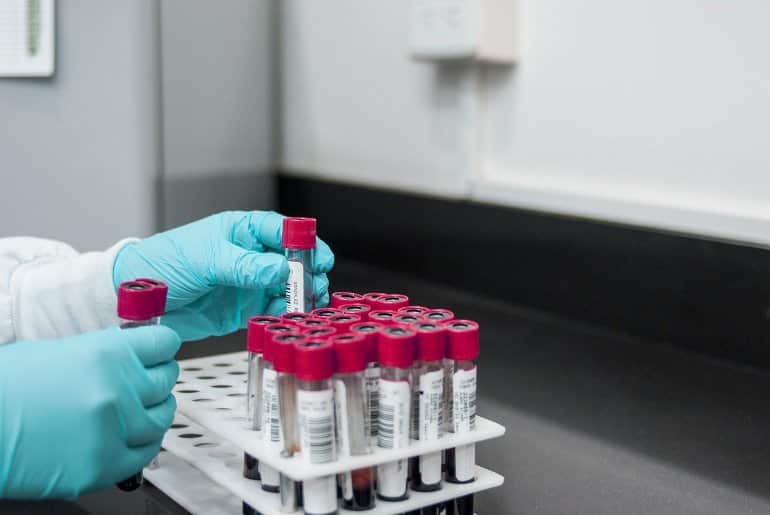
“Identification of these compounds means that we are one step closer to being able to molecularly diagnose dementia,” said senior author of the study, Professor Mitsuhiro Yanagida, who leads the G0 Cell Unit at OIST.
Summary: Researchers identified 33 metabolic compounds in blood samples that differed between those with dementia and cognitively healthy older adults. 7 of the metabolites were elevated in dementia patients, while 26 were at lower levels compared to samples of those without dementia. Elevating levels of those metabolites could have a neuroprotective effect against dementia.
Source: OIST
Scientists in Japan have identified metabolic compounds within the blood that are associated with dementia.
The study revealed that the levels of 33 metabolites differed in patients with dementia, compared to elderly people with no existing health conditions. Their findings, published this week in PNAS, could one day aid diagnosis and treatment of dementia.